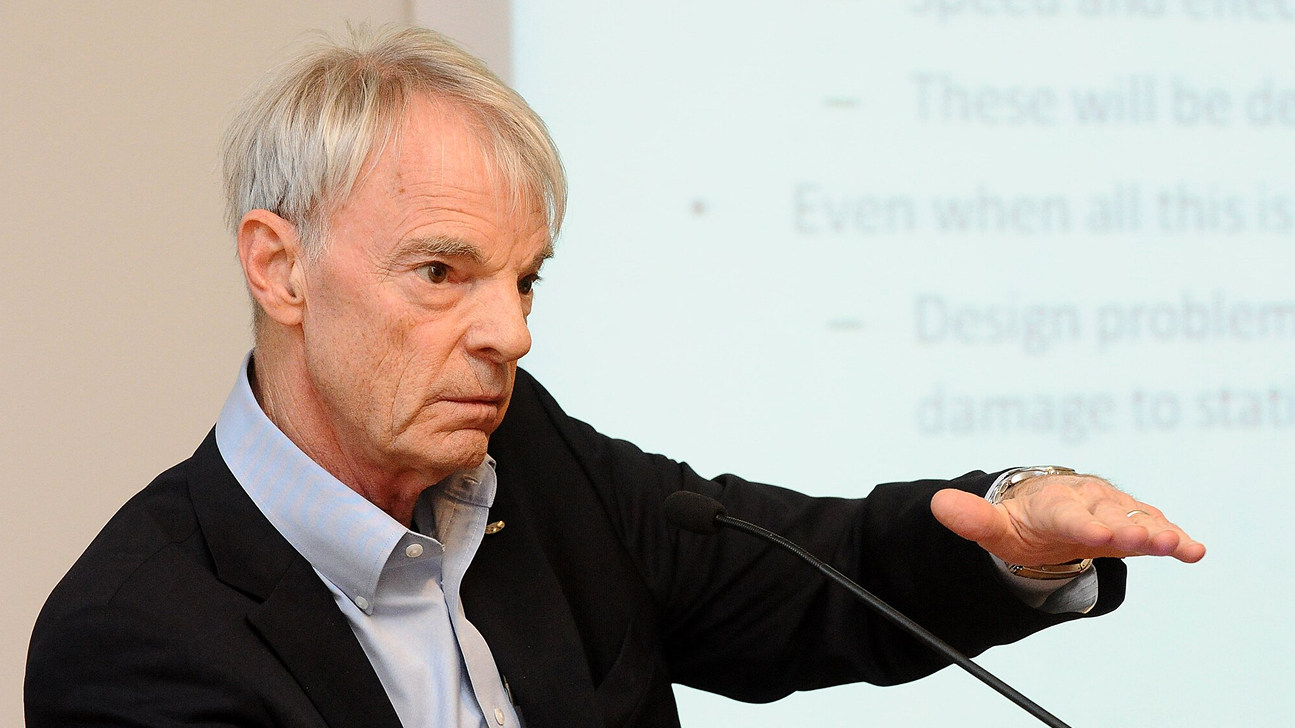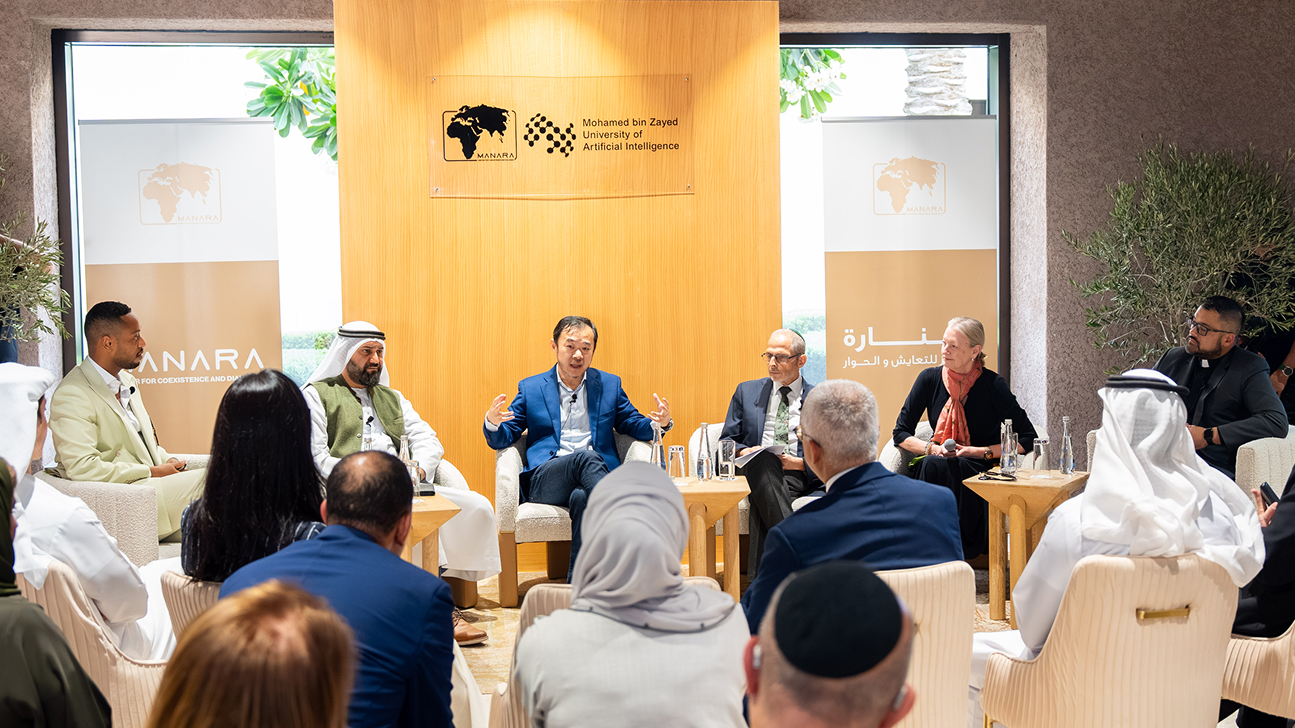How will our cryptographic toolkit be Impacted by quantum computers and Machine Learning?
Tuesday, November 16, 2021
This talk focusses on the impact of quantum computers on cryptographic algorithms and the changes that are required to protect against both passive and active quantum attacks. It covers the new set of post quantum cryptographic (PQC) schemes that are being proposed to protect current and future systems, the implied security thereof, as well as their practicality when deployed in real world systems. I also discuss standardization efforts, industry challenges, and complexities of the
roadmap to transition current cryptographic systems and secure communications solutions to quantum-resistant alternatives. We will also outline the role of machine learning in advancing cybersecurity solutions, including:
- Cryptographic schemes for privacy preserving technologies.
- Theoretical and implementation-focused (side channel) cryptanalysis techniques.
- Vulnerability management and automated incident response systems.
We cover the role of cryptography in securing machine learning models:
- Ensuring confidentiality of both data and model during training and classification.
- Protection of models from being tampered-with or introducing bias for profit or control.
- Protection against model poisoning.
- Introducing cryptographic randomness in training Deep Neural Networks.
Speaker/s
Dr. Najwa Aaraj is a professor in the department of machine learning at MBZUAI. Aaraj is chief researcher at the Cryptography Research Centre at Technology Innovation Institute (TII) and leads the research and development of cryptographic and technologies, including post-quantum cryptography (PQC) software libraries and hardware implementations, lightweight cryptographic libraries for embedded and RF systems, cryptanalysis, quantum random number generation, and applied machine learning for cryptographic technologies. She is also acting chief researcher at TII’s Autonomous Robotics Research Centre, which is dedicated to breakthrough developments in robotics and autonomy. Aaraj holds a Ph.D. with Highest Distinction in Applied Cryptography and Embedded Systems Security from Princeton University (USA). She brings to her roles more than 18 years of experience in applied cryptography, trusted platforms, security architecture for embedded systems, software exploit detection and prevention systems, and biometrics.
- AI Talks ,
Related
Nobel Laureate Michael Spence on how AI is redefining the global economy
Nobel Prize-winning economist Michael Spence explains how AI is reshaping the economic landscape and what is needed.....
- digital policy ,
- governance ,
- Nobel Prize ,
- guest talk ,
- guest lecture ,
- economics ,
- Economy ,
- Undergraduate ,
Understanding faith in the age of AI
MBZUAI hosted a panel discussion in collaboration with the Manara Center for Coexistence and Dialogue focused on.....
- connection ,
- discussion ,
- religion ,
- spirituality ,
- faith ,
- conversation ,
- panel ,
- Human–computer interaction ,

